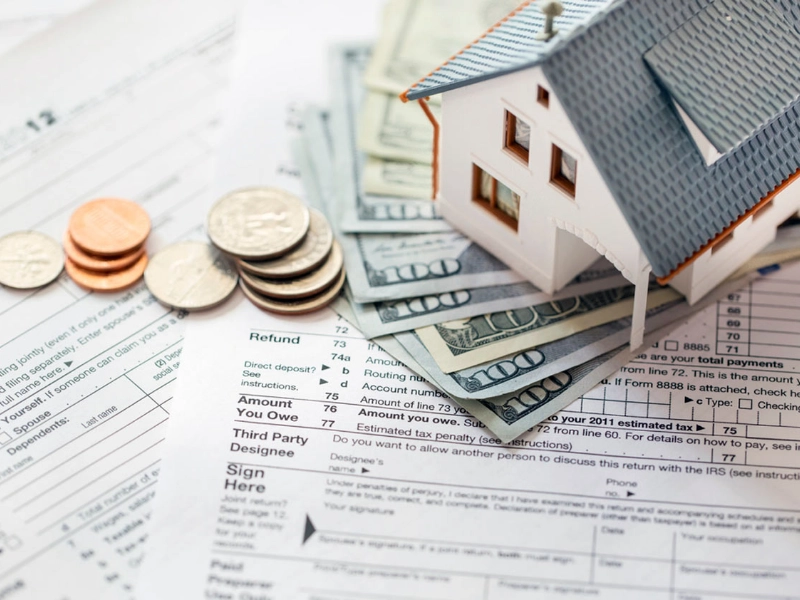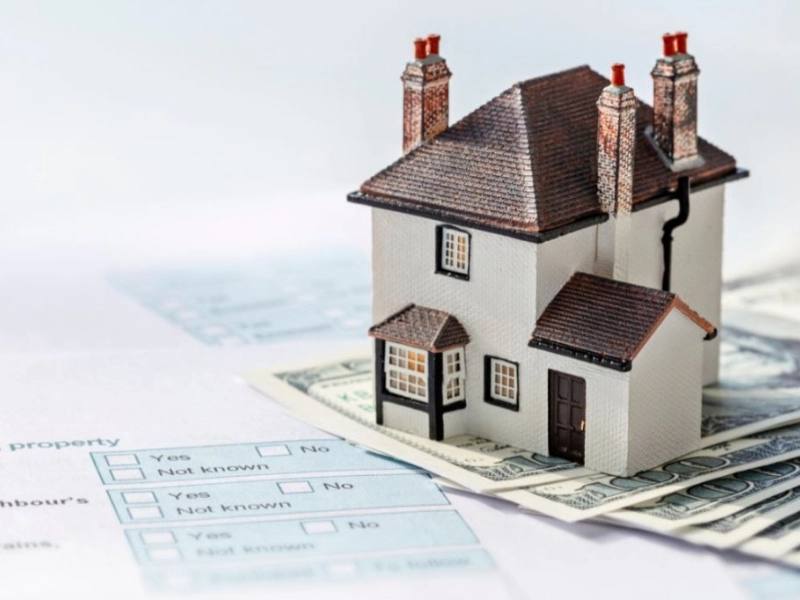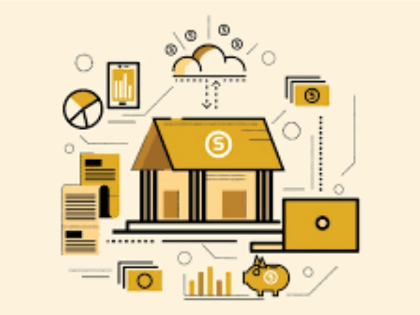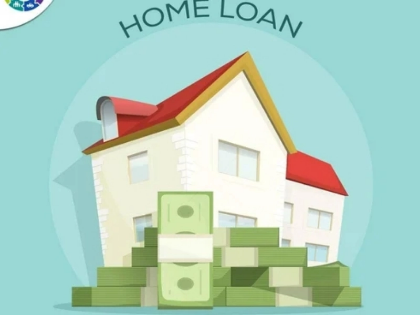The Advantages of a 15-Year Loan
If your goal is to pay off your house loan faster and accumulate equity, a 15-year mortgage can be a wise decision. Additionally, you can save thousands of dollars in interest. Before making a choice, it's crucial to weigh the advantages and disadvantages of this mortgage term.
How to Pay Off Your Mortgage Faster

Creating Equity Faster
 The principal advantage of a 15-year mortgage is that it allows you to accumulate home equity considerably faster than you would with a 30-year loan. It's important to confirm that you can manage the higher monthly payments associated with a shorter term, though, as it may be tough to pay for unforeseen needs.
If the commitment of a 15-year mortgage is too much for you, there is an alternative that will expedite your payoff schedule without exposing you to danger or requiring higher monthly payments. Making extra principal payments whenever you can—for example, with an inheritance or an income tax refund—is one method to achieve this. As an alternative, you can think about switching from monthly to biweekly payments.
The principal advantage of a 15-year mortgage is that it allows you to accumulate home equity considerably faster than you would with a 30-year loan. It's important to confirm that you can manage the higher monthly payments associated with a shorter term, though, as it may be tough to pay for unforeseen needs.
If the commitment of a 15-year mortgage is too much for you, there is an alternative that will expedite your payoff schedule without exposing you to danger or requiring higher monthly payments. Making extra principal payments whenever you can—for example, with an inheritance or an income tax refund—is one method to achieve this. As an alternative, you can think about switching from monthly to biweekly payments.
Releasing from PMI Faster
 If you own enough equity in your house, you can use a 15-year mortgage to avoid PMI. In the event that you default on your mortgage, PMI, which is typically needed for loans with down payments of less than 20%, safeguards the lender.
When you have 20% or more in home equity—which you could obtain by refinancing into a piggyback loan—you can typically waive PMI. With this kind of refinance, you take out a first mortgage up to 80% of the value of your house, and a second mortgage is used to finance the remaining balance.
The primary disadvantage of a 15-year mortgage is its increased monthly payment, which may prevent you from purchasing as much real estate as you would like. It can also deplete your disposable income, which means you won't have as much left over for other financial objectives like emergency savings or retirement savings. If you intend to remain in your house for a number of years, this might not be a huge concern.
If you own enough equity in your house, you can use a 15-year mortgage to avoid PMI. In the event that you default on your mortgage, PMI, which is typically needed for loans with down payments of less than 20%, safeguards the lender.
When you have 20% or more in home equity—which you could obtain by refinancing into a piggyback loan—you can typically waive PMI. With this kind of refinance, you take out a first mortgage up to 80% of the value of your house, and a second mortgage is used to finance the remaining balance.
The primary disadvantage of a 15-year mortgage is its increased monthly payment, which may prevent you from purchasing as much real estate as you would like. It can also deplete your disposable income, which means you won't have as much left over for other financial objectives like emergency savings or retirement savings. If you intend to remain in your house for a number of years, this might not be a huge concern.
Obtaining a Reduced Loan
 Compared to a 30-year mortgage, a shorter loan period usually translates into lower total interest payments. This can free up a portion of your monthly budget for other financial objectives, such as retirement savings, emergency savings, and investing.
The drawback of a 15-year mortgage is that the monthly payments are higher. Make sure that these increased payments are within the reach of your monthly spending plan. If not, you might have to decide on a longer-term mortgage in order to make sure you have enough money each month for your payments.
In some circumstances, a 15-year mortgage can be a wise option for homebuyers. Selecting this loan term, for instance, can help you pay off your debt by the time you quit your job if you are in your 40s or 50s and intend to retire without a mortgage. Speak with a mortgage expert if you're thinking about a 15-year mortgage to learn more about its potential advantages. They can also assist you in weighing your options and determining which loan term is best for your particular circumstances.
Compared to a 30-year mortgage, a shorter loan period usually translates into lower total interest payments. This can free up a portion of your monthly budget for other financial objectives, such as retirement savings, emergency savings, and investing.
The drawback of a 15-year mortgage is that the monthly payments are higher. Make sure that these increased payments are within the reach of your monthly spending plan. If not, you might have to decide on a longer-term mortgage in order to make sure you have enough money each month for your payments.
In some circumstances, a 15-year mortgage can be a wise option for homebuyers. Selecting this loan term, for instance, can help you pay off your debt by the time you quit your job if you are in your 40s or 50s and intend to retire without a mortgage. Speak with a mortgage expert if you're thinking about a 15-year mortgage to learn more about its potential advantages. They can also assist you in weighing your options and determining which loan term is best for your particular circumstances.








